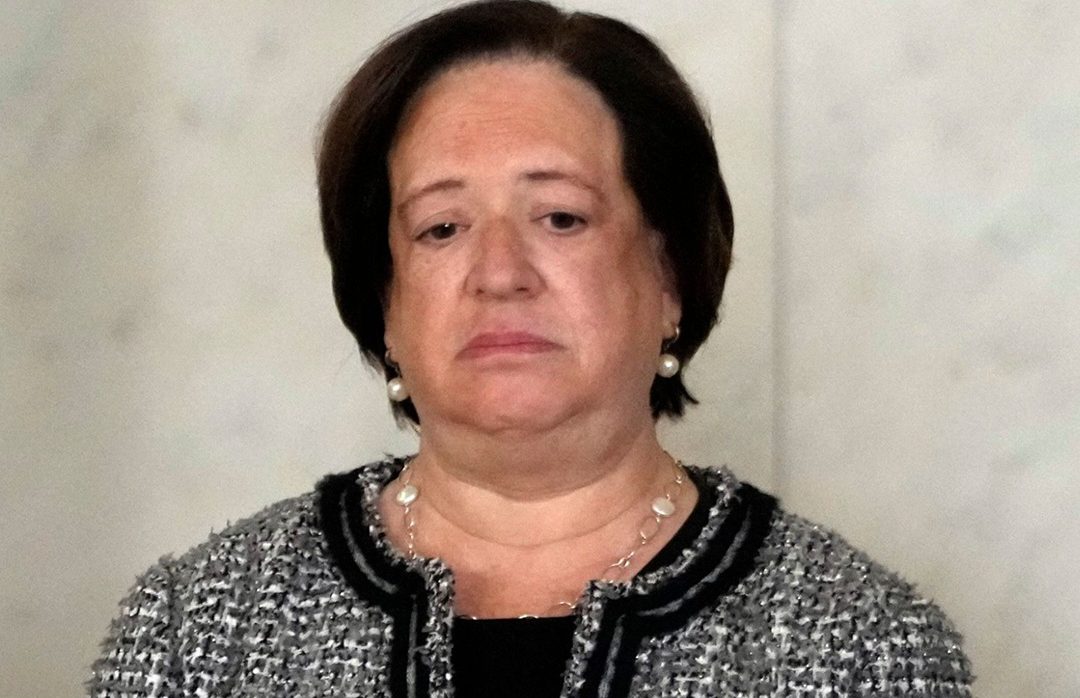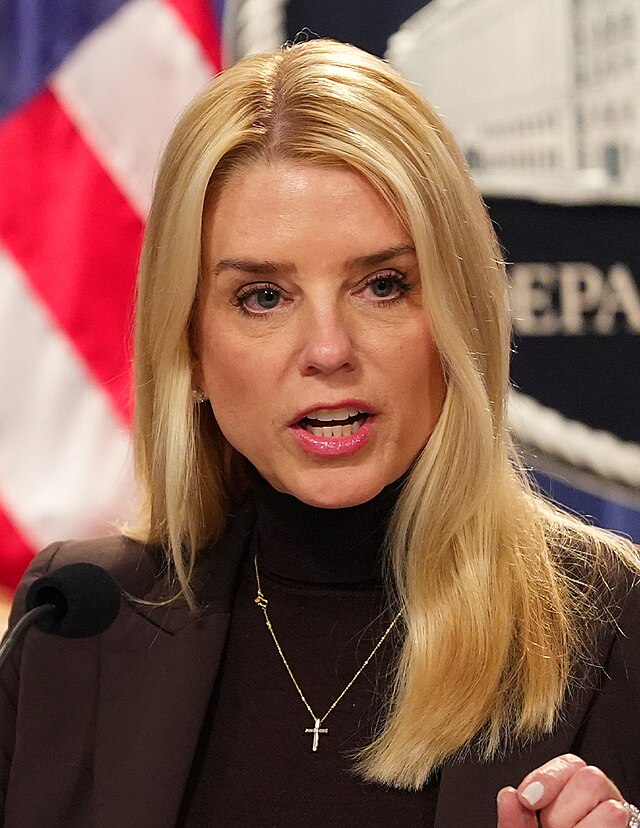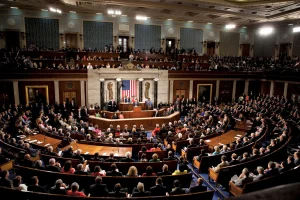NOTE: VIDEO AT THE END OF ARTICLE
The U.S. Supreme Court handed down a major 6-3 decision on Friday, dramatically limiting the power of federal district judges to issue nationwide injunctions. The ruling, seen as a major win for President Trump’s administration, restricts such sweeping orders to only the plaintiffs involved in a specific case—unless broader relief is clearly justified.
Chief Justice John Roberts authored the majority opinion, joined by Justices Thomas, Alito, Gorsuch, Kavanaugh, and Barrett. The decision pushes back on what the Court described as “judicial policymaking” by lower courts, which has long frustrated both Republican and Democratic administrations.
But the ruling didn’t just make legal waves—it stirred controversy due to the dissent of Justice Elena Kagan. Critics immediately pointed out her past remarks from a 2022 panel at Northwestern University, where she said:
“It just can’t be right that one district judge can stop a nationwide policy in its tracks.”
Despite that, Kagan dissented from this decision, siding with Justices Sotomayor and Jackson. The apparent flip drew fire from conservatives, including Republican strategist Scott Jennings, who slammed her on CNN.
“Some of these folks really are hacks,” Jennings said, referencing Kagan’s inconsistency.
During the CNN panel, host Abby Phillip noted that nationwide injunctions have been “the bane of existence” for presidents of both parties. Jennings responded, “I’m glad they fixed it—one judge shouldn’t act like a monarch and block the elected president.”
Since returning to the White House in January, President Trump’s administration has faced over 25 such injunctions on key policies, including immigration, education, and budget reforms.
The Court’s ruling is expected to reshape how legal challenges against federal policies proceed—possibly limiting fast-track legal relief for critics of executive actions.
While supporters say the ruling restores proper judicial boundaries, critics argue it may hinder justice in cases with national impact.
Still, it’s Kagan’s reversal that dominated headlines, highlighting the deep political divide on the bench and raising questions about judicial consistency.

Sarah Mitchell is a bestselling novelist recognized for her insightful and emotionally resonant stories that explore the complexities of human relationships. Originally from Denver, Colorado, Sarah grew up in a family of teachers who nurtured her curiosity and love for storytelling. She studied psychology at Stanford University, where she became fascinated by the intricacies of human behavior—an interest that would later shape her writing career. Sarah’s novels are praised for their nuanced characters, intricate plots, and ability to capture the subtle tensions that define love, friendship, and family ties. Her breakthrough novel, The Spaces Between Us, became an instant bestseller, lauded for its honest portrayal of strained family relationships and the fragile bonds that hold people together. Since then, she has published several works that continue to captivate audiences around the world. Outside of her writing career, Sarah is passionate about mental health advocacy and often partners with organizations to promote awareness and support for those struggling with emotional well-being. Her personal life is quieter—she enjoys hiking in the Colorado mountains, practicing yoga, and spending time with close friends. With each new book, Sarah Mitchell cements her reputation as a writer who illuminates the beauty and struggles of human connection.









